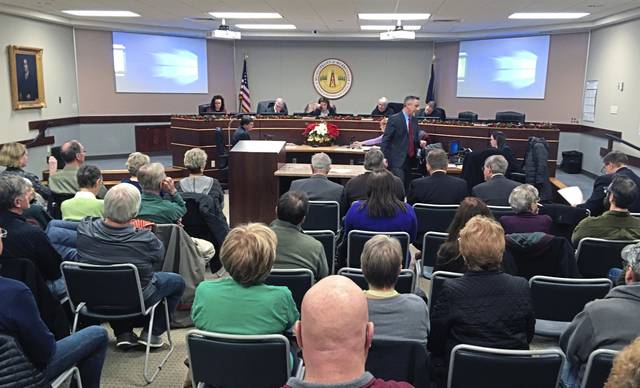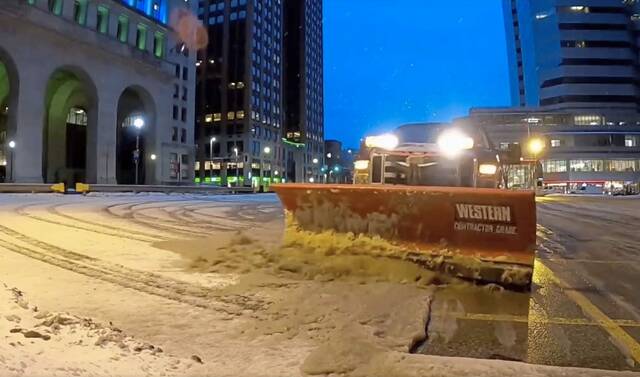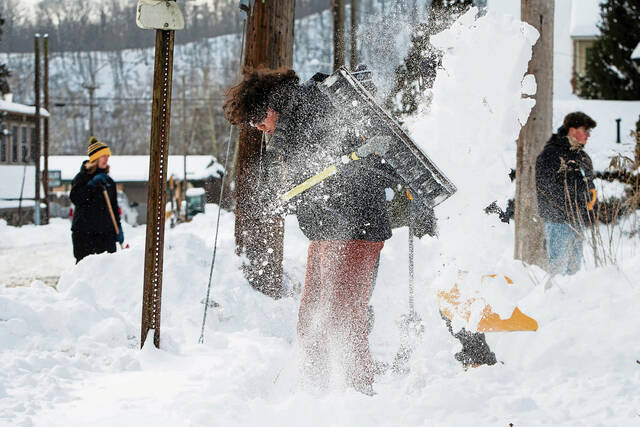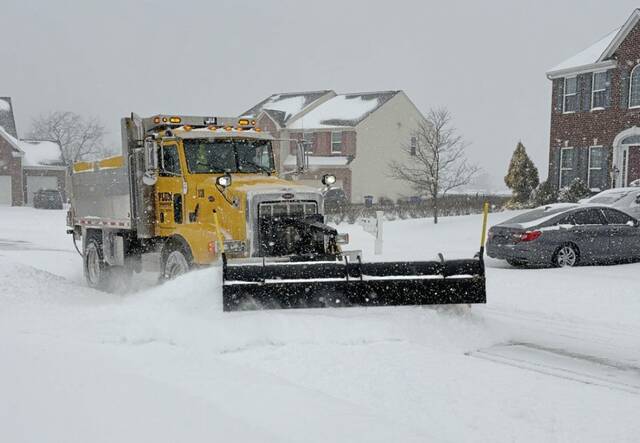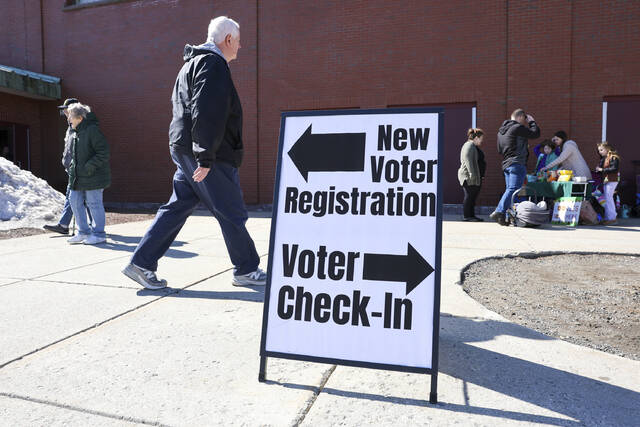If you want to know why you should vote, think about what you want to see happen next door.
Zoning decisions can be hot topics. There is always someone who doesn’t want the new business or activity on the horizon.
Landfills. Strip clubs. Methadone clinics. Halfway houses. Prisons. Factories. There are plenty of things that could cause a problem for existing businesses or disrupt residential life.
And that’s why we have zoning laws. They say what can go where. They say “Yes, this drug rehabilitation center is an important service for our community, but it really shouldn’t sit next to a junior high.” They acknowledge that we need a solid waste transfer station, but that the best place for it isn’t in the middle of a residential neighborhood.
But a recent Allegheny Township, Westmoreland County, court case illustrates that the power in zoning lies with an often neglected arena of voting: local government.
It’s easy to think that Harrisburg or Washington make the decisions that affect your daily life, but when it comes to your neighborhood and your municipality, you have to look closer to home. Specifically, you have to look at those races you might ignore on your ballot.
Township supervisors or commissioners. Borough or city council members. They pass the ordinances that dictate local zoning.
In Allegheny Township, the decision was to allow fracking in any zoning area. People living in the residential/agricultural zone where Marcellus shale drilling was approved sued and lost. They appealed and lost. They appealed again and the state Supreme Court declined to hear the case.
The courts were constrained by law. The township had the right to make zoning decisions. According to the Commonwealth Court ruling, “It’s the Commonwealth’s duty to regulate ‘how’ gas drilling is conducted. … By contrast, local governments regulate ‘where.’ ”
That’s why we need to know what local government is doing. We need to pay attention to more than when they raise taxes. We need to pay attention to who is running, why they are running and what they do once they get the job.
We also have to pay attention to the positions they appoint. Planning commissions and zoning boards can also play a vital role in enacting and applying the rules passed by a municipality.
That’s not to say that Allegheny or any other municipality did something wrong by writing the rules they way they did.
What it does say is that we have to speak up when it’s our turn — at the voting booth and in the meeting room — because sometimes a courtroom is too late.


